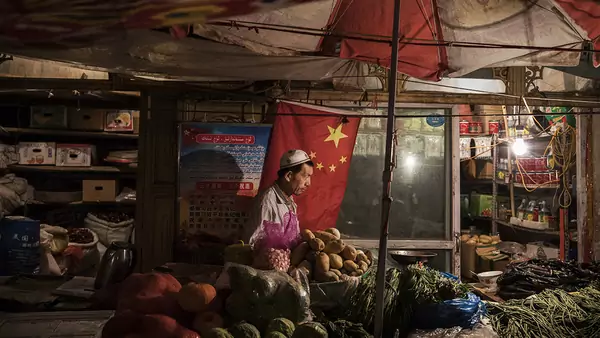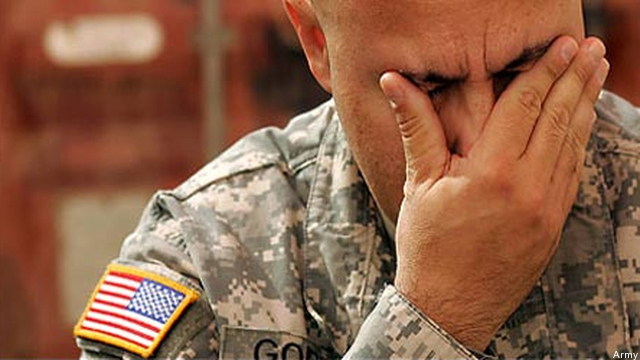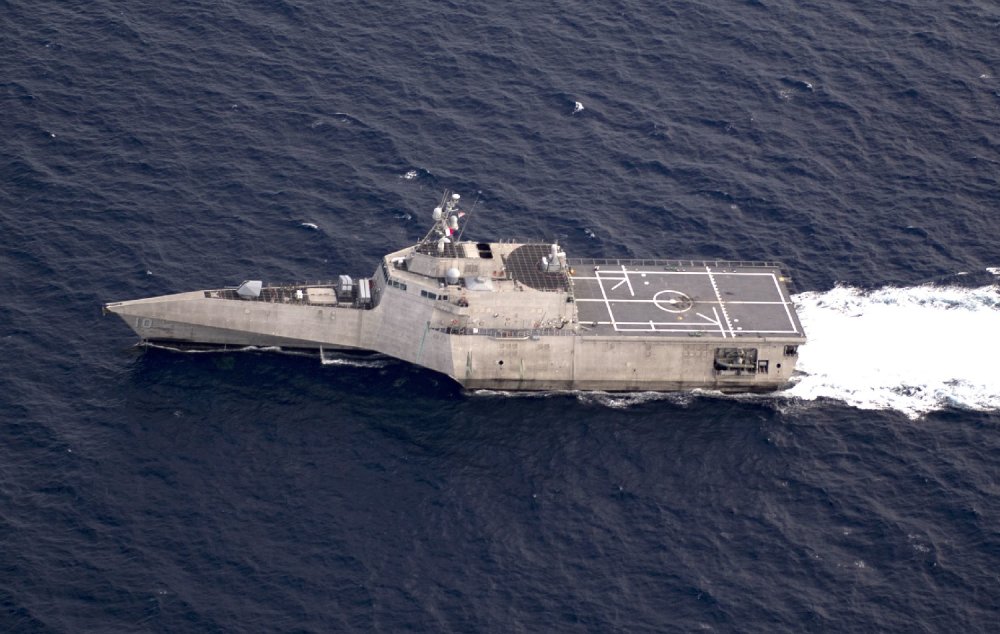The victory of Gotabaya Rajapaksa in the Presidential election held on November 16, 2019, with a massive mandate, not unexpected by Sri Lanka watchers in India, opens a new chapter in Sri Lanka’s history and also in Sri Lanka-India relations.
Gotabaya is a controversial figure; while the majority Sinhalese adores him as a “savior” and a “war hero”, the minority Tamils (Sri Lankan Tamils and hill country Tamils) and the Muslims view his ascendancy with fear and trepidation. The EU Election Observation Mission in its report has mentioned that the election was largely free of violence and technically well – managed. However unregulated campaign funding, abuse of state resources and media bias did not provide a level playing field for all candidates.
Gotabaya in his campaign highlighted that if elected he would restore law and order in the country. It was music to the ears of the majority Sinhalese, especially in the wake of ISIS-inspired bombings last Easter, that left more than 250 dead and at least 500 injured. The fact that external intelligence agencies, including India, warned Colombo about possible attacks, added to the discomfiture of Sirisena-Ranil team. Other contributory factors included the rift between the President and the Prime Minister, increasing corruption, mounting cost of living and rising unemployment.



















